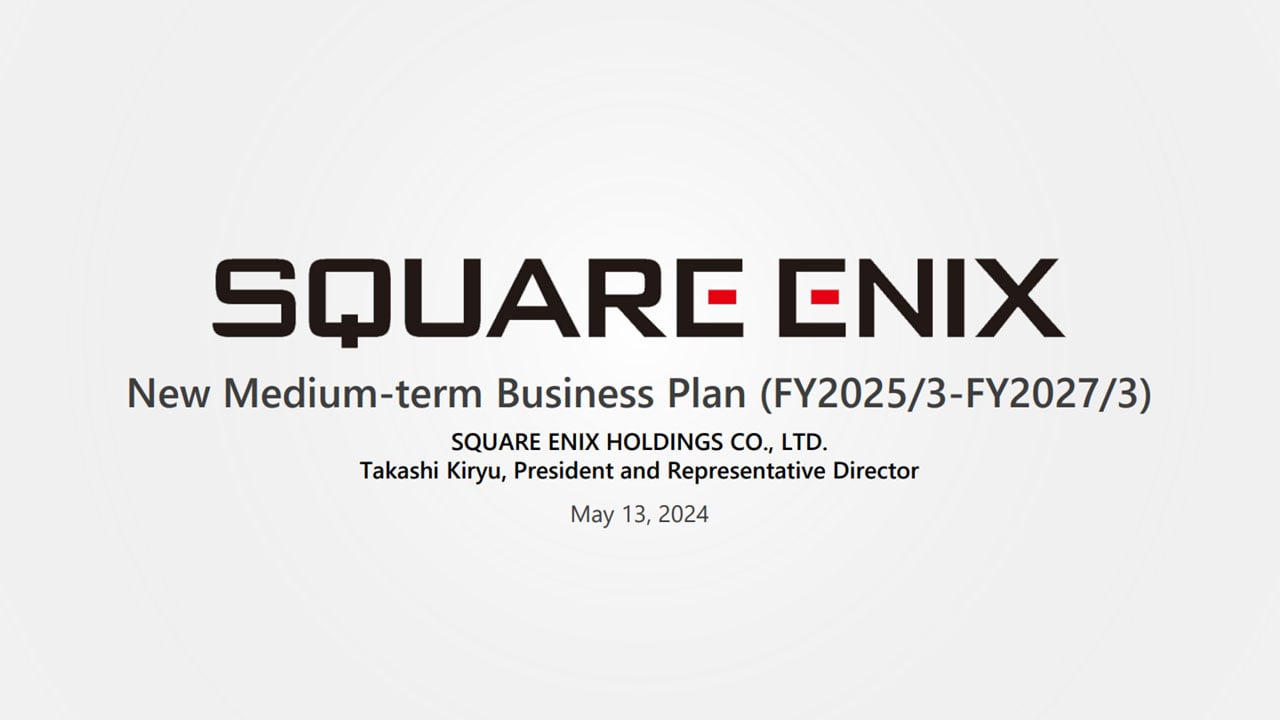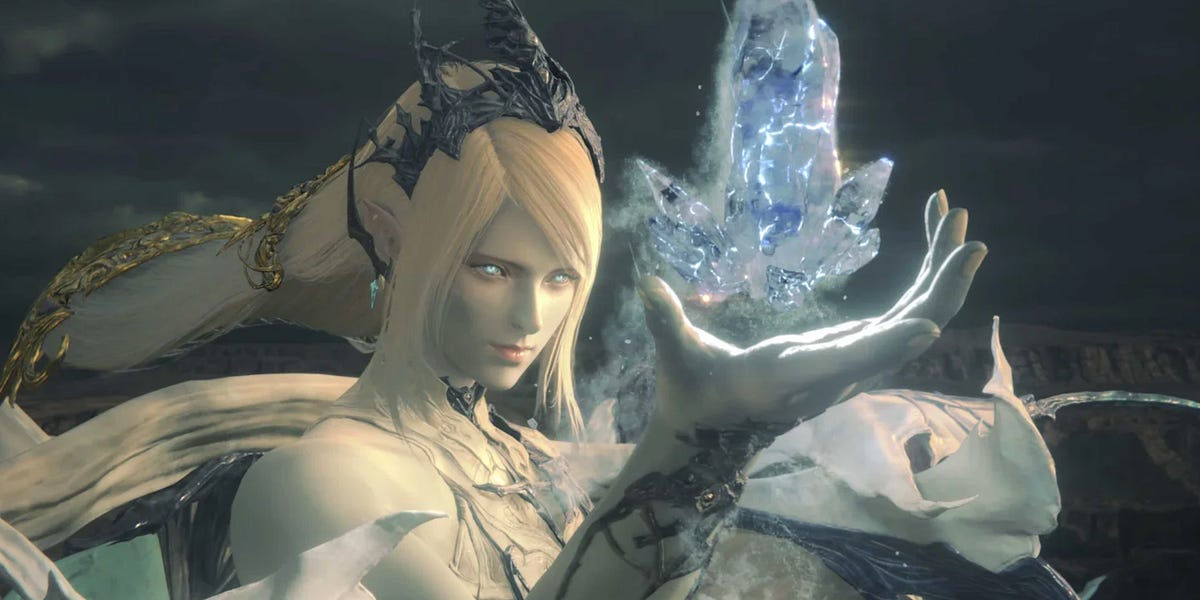- Messages
- 1,694
At this point, it looks like a competition of greed and stupidity among the biggest publishers. Almost every week it's one of them that is making a wrong decision: Sony, MS, Take Two, Electronic Arts.


Across the board, big game companies are discussing rising development costs (Microsoft, Square Enix, and Sega all in the past week) and signaling they will release fewer but bigger games.

Square Enix announces new medium-term business plan – “Square Enix Reboots and Awakens: 3 Years of Foundation-Laying for Long-Term Growth”
Square Enix has announced the establishment of a new medium-term business plan covering the fiscal year ending March 31, 2025 through the fiscal year ending March 31, 2027, which it calls “Sq…www.gematsu.com

Nintendo, Microsoft, Square welcome us to the era of fewer big video games
Data shows that Nintendo was ahead of the curve on this one.www.gamefile.news
Across the board, big game companies are discussing rising development costs (Microsoft, Square Enix, and Sega all in the past week) and signaling they will release fewer but bigger games.
Embracer, Take Two and other publishers shared the same sentiment earlier.
Larian's head of Marketing says it's wrong.

 mynintendonews.com
mynintendonews.com
Well, you can still use /s if you prefer that. Not sure what you mean by special text formatting? Any ideas?Totally unrelated, but @Antimatter you should look into some kind of sarcasm tags for text formatting. Or should that go into site updates?
At least, Nintendo seems to care about their employees and regularly shows that (by increasing salaries etc).
Nintendo president: “Game development will become even longer, more complex, and more sophisticated”
Nintendo president Shuntaro Furukawa has explained to Japanese magazine Famitsu that video game development will become even longer, more complex, and more sophisticated in the future and that mergers…mynintendonews.com
Nintendo said the same thing recently. Same thing as the first group I mean, not the same thing as Larian.
Said that as games get development gets longer, more complex, more sophisitcated, Nintendo is going to have to start leaning into mergers and acquisitions a lot more heavily to keep up with it.
They don't cite any particular force that's forcing them to keep getting longer, more complex, more sophisitcated. They just talk like it's some natural law that obviously this has to happen.
Well, you can still use /s if you prefer that. Not sure what you mean by special text formatting? Any ideas?
What a mess.
My guess is that we're in a post-Huxleyian distopia: there is no deep truth behind the mountain of low-brow trash, there is only a mountain of low-brow trash, and nothing more. High-brow culture died during the 80's or so.Huxleyian dystopia (the truth is hidden behind an abundance of low-brow trash)
I know previous societies felt just as helpless against the problems they faced.
No. We're living in a dystopia, and that's that. Always have been, and always will be. End of discussion.Maybe that's a bit of a spoilsport answer, but I think sometimes when we treat these stories as projections of the future, rather than examinations of issues the author could see around them even as they were writing, it can contribute to a feeling of helplessness. Like we're a fantasy hero whose entire journey has been prophesied before it even starts.
I can't claim I'm always super sure about what can be done about all of this, but I know previous societies felt just as helpless against the problems they faced. The divine right of kings was inescapable until it wasn't. Hopefully at some point we too can veer this ship onto a better course.

some executive high up the ladder that just isn't a big fan of Metroid.

